Benefits of Well Pipes Casing: Enhancing Well Integrity and Performance
The well casing pipe is a tubular structure that is put into the well to support the well wall, protect the wellbore, isolate the formation, guide the fluid, etc. in oil and gas drilling projects and some groundwater well projects. It is usually made of steel and has different materials, specifications and connection methods to meet various well conditions and engineering requirements.
As oil and gas drilling technology advances, the importance of well pipe casing has grown significantly. Whether for deep wells, high-pressure drilling environments, or water wells, selecting the right casing material and design is key to well integrity. Below are the primary benefits of well pipe casing in drilling and resource extraction operations:
1. Structural Support and Wellbore Stability
One of the primary functions of a well casing pipe is to support the wellbore and prevent it from collapsing. This ensures that the well remains intact during both the drilling phase and the long-term production of oil, gas, or water.
In unconsolidated formations, where loose sands or gravel could cave in, a well casing provides a solid boundary to maintain the integrity of the well.
In deep wells and high-pressure environments, well casing pipes are designed to withstand extreme conditions, preventing potential well failures.
In geologically complex areas, such as fractured rock formations or soft ground, a well casing stabilizes the borehole, reducing drilling risks and preventing costly disruptions.
2. Isolation of Underground Formations
Well pipe casing play a crucial role in separating different geological layers to prevent cross-contamination between strata. This isolation ensures that fluids from different zones do not mix, which is essential for maintaining well efficiency and protecting the environment.
In oil and gas production,
casing pipes ensure that hydrocarbons can flow freely to the surface while keeping out formation water, sediments, and unwanted contaminants.
In water wells, casing pipes protect fresh groundwater from contamination by deeper saline water or industrial pollutants.
In multi-zone drilling, casing pipes allow for targeted extraction by isolating production zones, optimizing yield from different reservoirs within the same well.
3. High Strength and Pressure Resistance
Well pipes casing must withstand extreme pressures from deep underground formations, as well as external forces such as drilling fluid pressure, rock pressure, and thermal expansion. High-strength casing pipes help:
Prevent wellbore collapse in high-pressure oil and gas wells.
Resist deformation in ultra-deep wells and horizontal drilling operations.
Withstand harsh corrosive environments, such as those with high H₂S (hydrogen sulfide) or CO₂ content.
To enhance performance, API 5CT casing pipes and premium-grade steel alloys are often used to ensure superior mechanical properties, such as tensile strength, impact resistance, and anti-corrosion capabilities.
4. Equipment Protection and Extended Service Life
Well pipe casing act as a protective barrier for drilling and extraction equipment, significantly reducing wear and tear on vital components such as:
Drill strings and production tubing, preventing friction and erosion from direct contact with the well wall.
Pumps, downhole sensors, and production tools, shielding them from debris, shifting formations, and mechanical stress.
Artificial lift systems and completion equipment, which require a stable wellbore environment for long-term operation.
By minimizing exposure to harsh underground conditions, casing pipes reduce maintenance costs, extend operational lifespan, and improve the overall efficiency of the well system.
5. Enhanced Well Safety and Environmental Protection
Safety is a top priority in oil and gas drilling, and well pipe casing play a major role in ensuring secure and environmentally responsible operations.
Preventing blowouts: Proper casing and cementing techniques help control well pressure and reduce the risk of uncontrolled hydrocarbon release.
Mitigating groundwater contamination: Casing pipes seal off the well from potential pollutants, protecting freshwater aquifers from drilling fluids and hydrocarbons.
Reducing well failures: A well-structured casing system minimizes well integrity issues, decreasing the likelihood of production interruptions or costly interventions.
6. Customization and Adaptability for Different Well Conditions
Well pipe casing come in a variety of materials, grades, and designs to suit different drilling needs. Common casing pipe types include:
Carbon steel casing pipes (e.g.,
API 5CT J55, K55, N80, L80) for conventional drilling.
Stainless steel and corrosion-resistant alloys (CRA) for wells with high sulfur or acidic environments.
Perforated casing pipes for enhanced well productivity in sand-prone reservoirs.
The ability to customize well casing specifications, such as wall thickness, diameter, thread connection type, and coating, ensures that drilling operators can select the best casing for their specific field conditions.
Conclusion
Well casing pipes are an essential component of modern drilling and extraction processes, offering critical structural support, formation isolation, pressure resistance, equipment protection, and environmental safety. By using high-quality casing materials and proper installation techniques, oil and gas operators can improve well performance, enhance longevity, and ensure safer, more sustainable resource extraction.
For oil and gas companies, drilling engineers, and water well contractors, investing in the right well pipe casing is a key factor in optimizing operational efficiency and minimizing long-term risks.








 English
English Español
Español بالعربية
بالعربية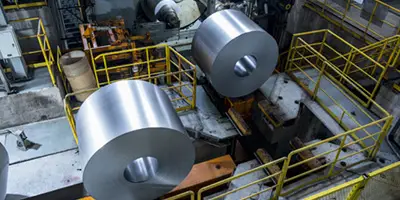
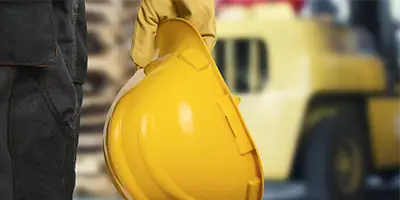
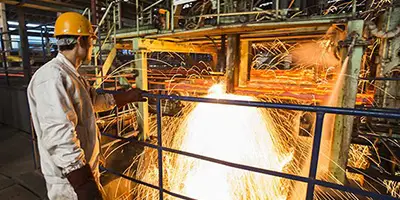
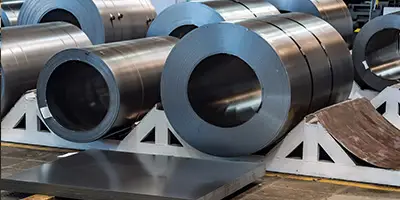

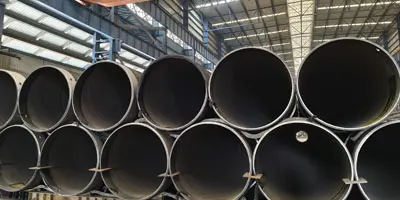
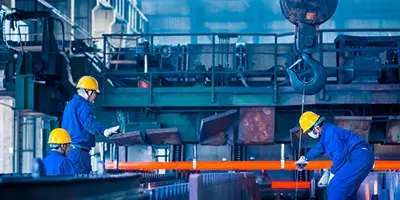
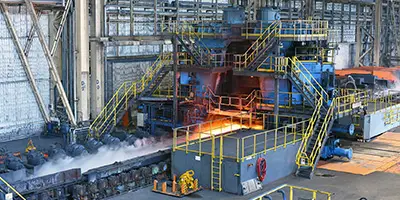
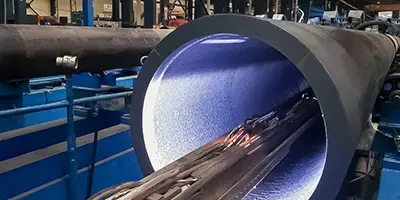
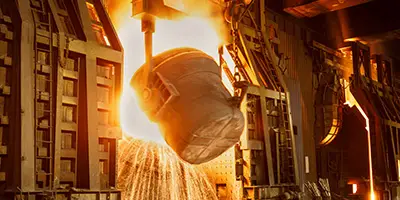
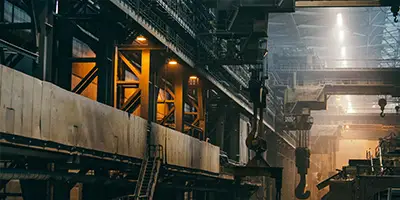
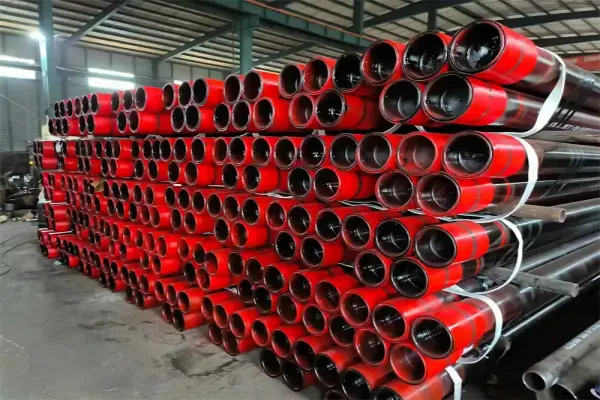
 Phone :
Phone :  Whatsapp :
Whatsapp :  Email :
Email : 


